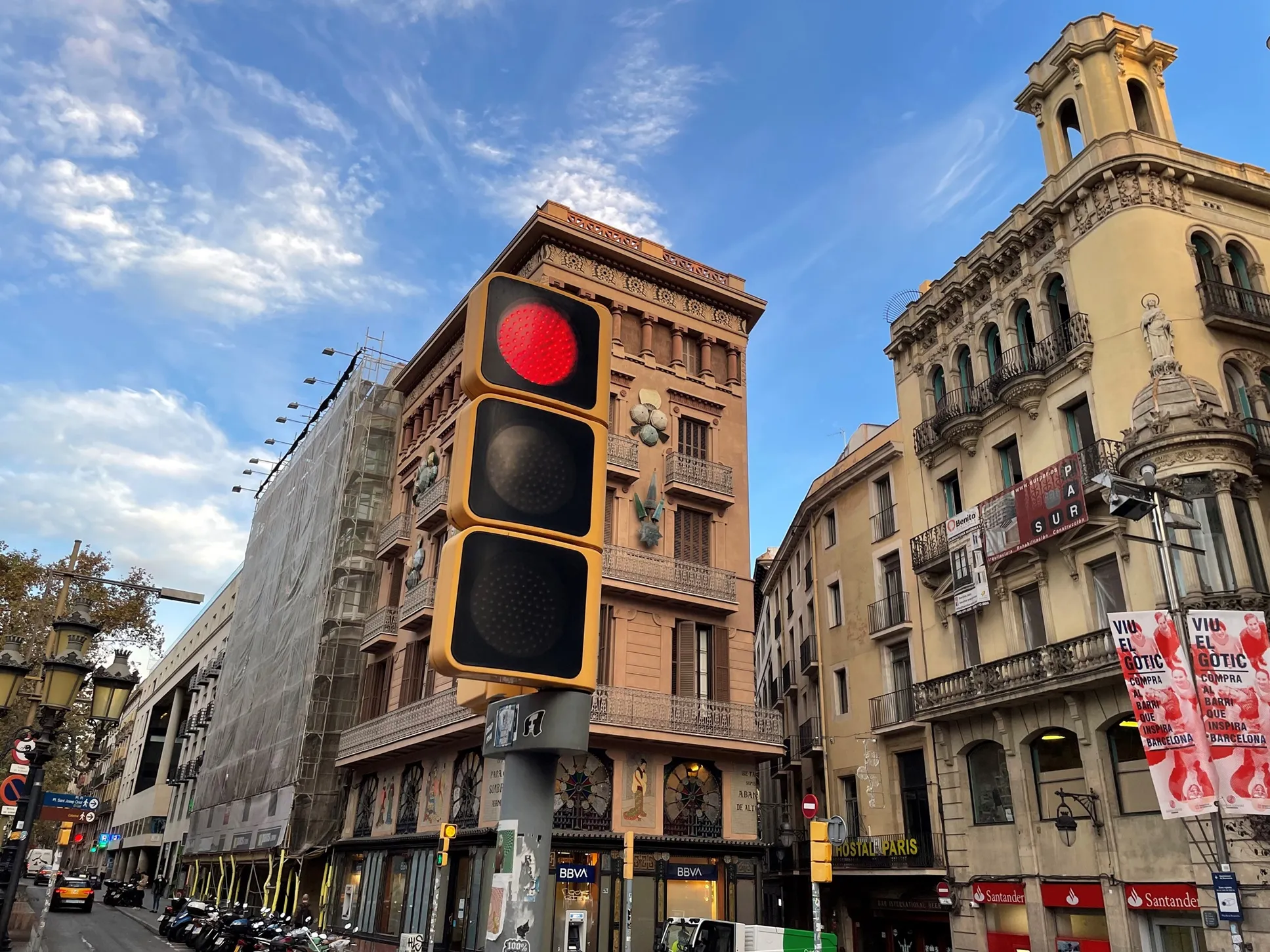
With lockdown easing, there is still a reluctance to use public transport – and many governments are specifically ordering people to use it only for essential journeys anyway.
That being the case, the threat of increased traffic jams is rearing its head as people may find any form of shared transportation unappealing.
Taking your car as you get back to work might make sense from an infection point of view but it could create real snarl-ups on the world’s roads.
How ITS can help to avoid that is the subject of an Intertraffic webinar: Smart measures to avoid post-Corona traffic congestion.
The second event in Intertraffic’s current knowledge-sharing series will see Carlo van de Weijer, director of smart mobility at Eindhoven University of Technology, interviewing two transport experts.
Max Eichhorn of Siemens Mobility will take a holistic view of traffic management, while Jorn de Vries of Flitsmeister, whose traffic app serves 1.7 million users in the Benelux region, will look at how a real-time community approach can help.
Register here for the webinar, which is free and takes place at 14.00 CEST on 26 May.









